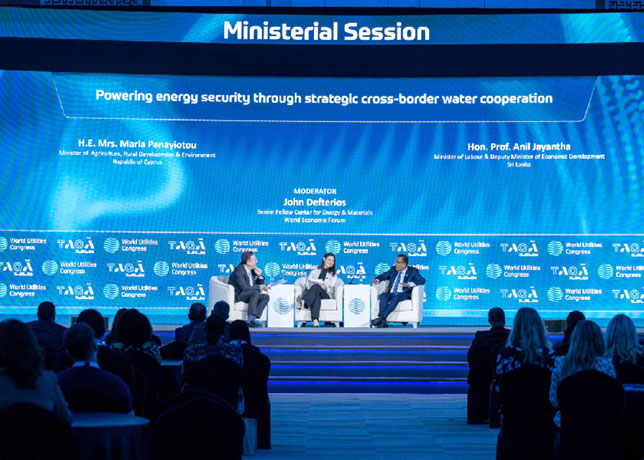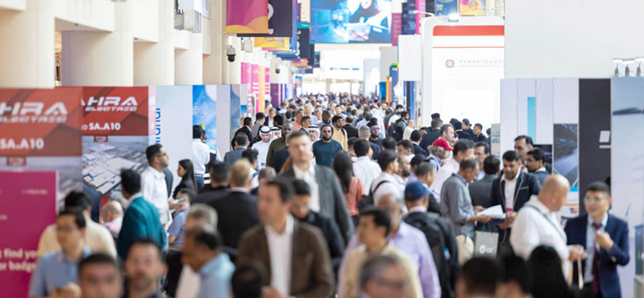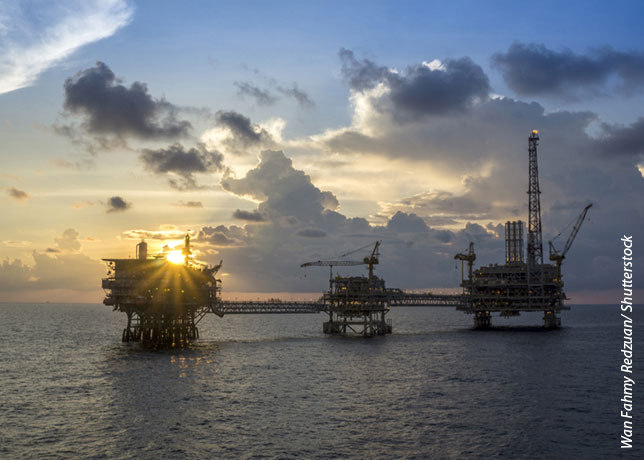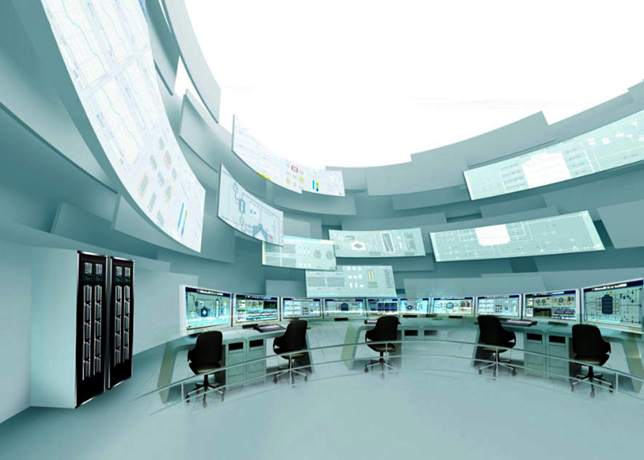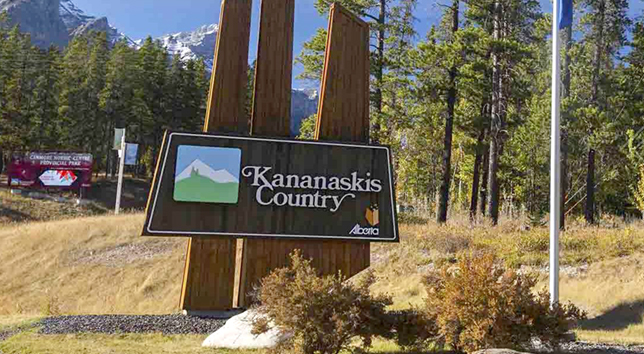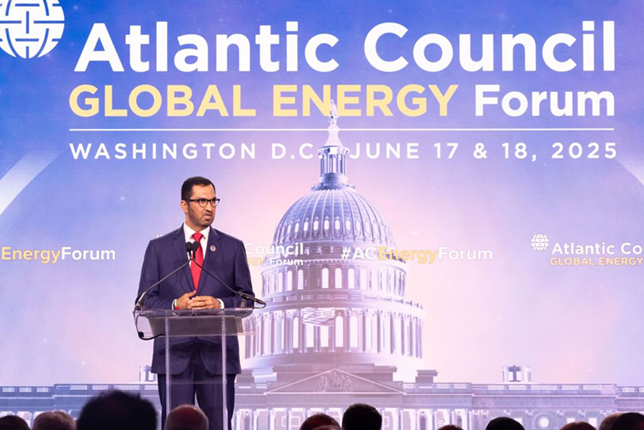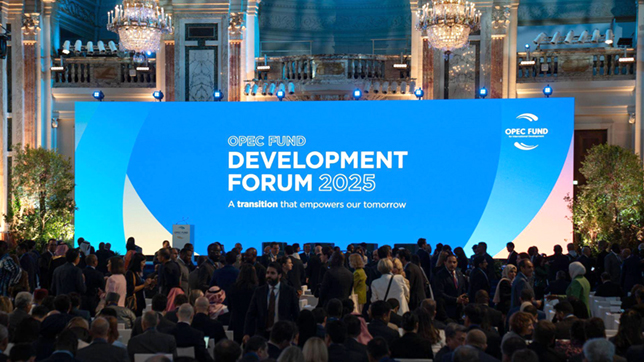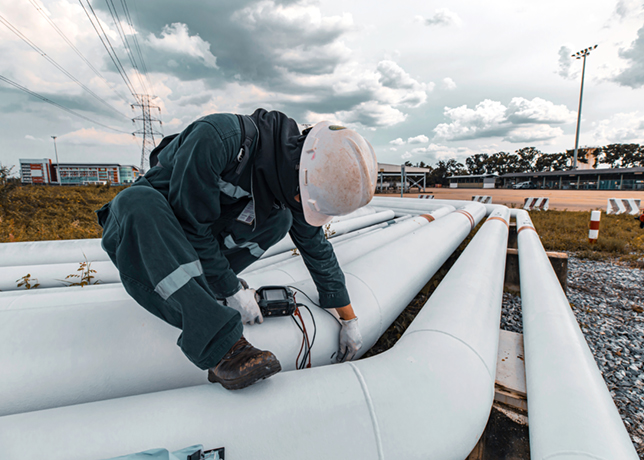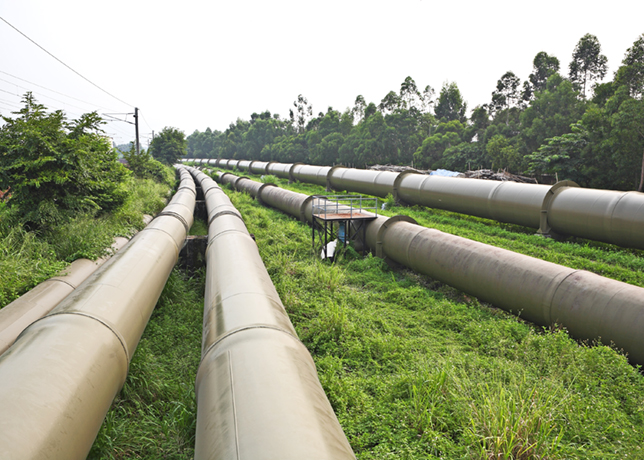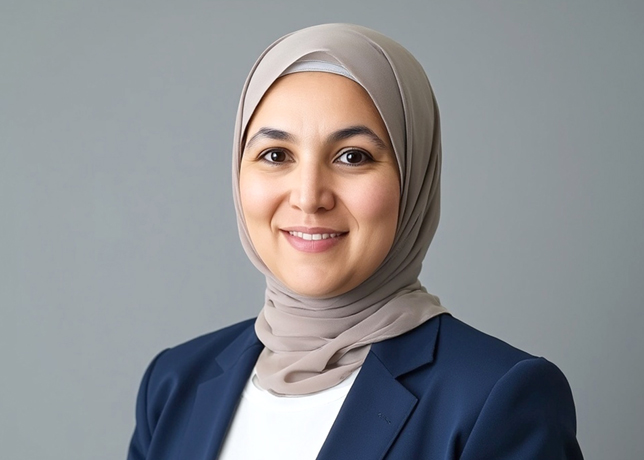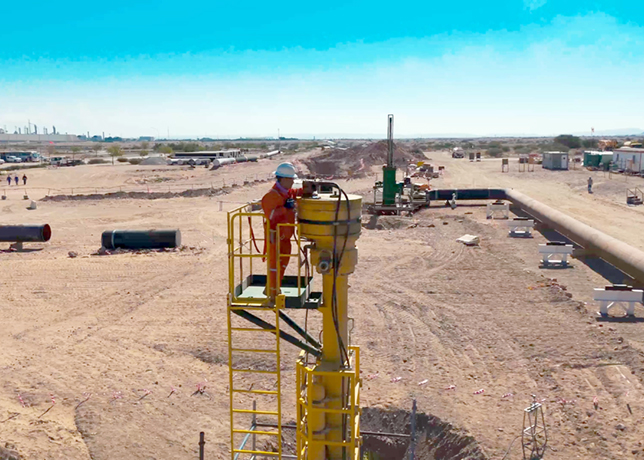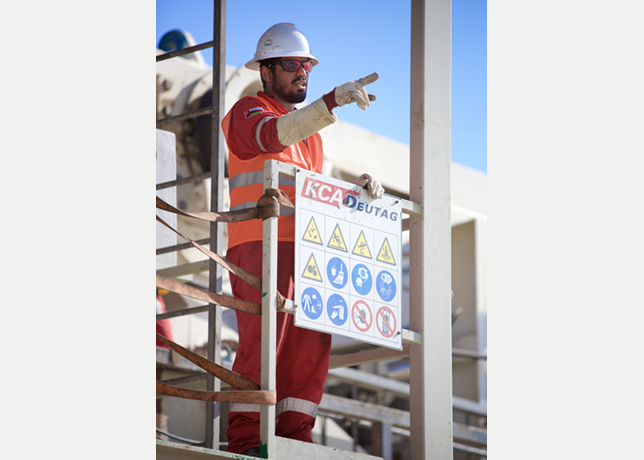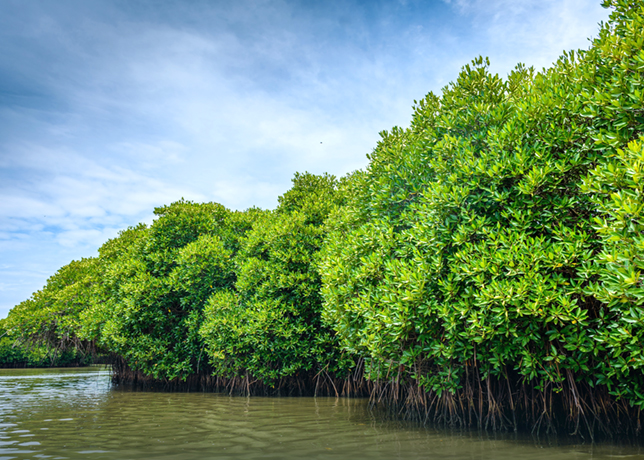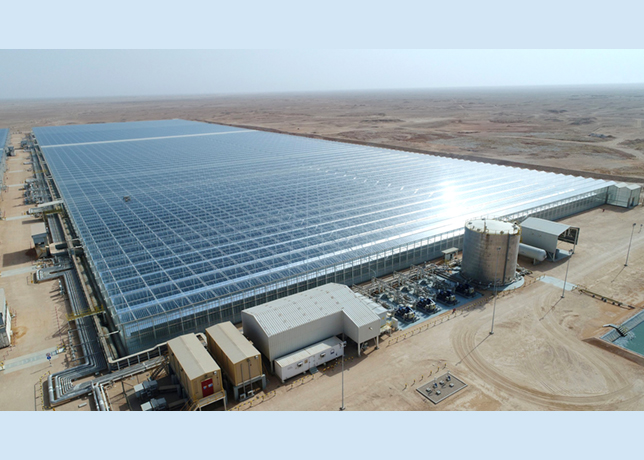
 Dr Mirza ... Minister of Oil and Gas Affairs and Chairman of NOGA and Bapco
Dr Mirza ... Minister of Oil and Gas Affairs and Chairman of NOGA and Bapco
OGN: Your Excellency, please provide us an update on the progress following the establishment of NOGA in September 2005. Is Bahrain’s oil and gas sector developing according to the stated objectives of the government in terms of flexibility and independence in managing petroleum affairs?
During its first year of operations the National Oil and Gas Authority (NOGA) focused on establishing oil-related legal infrastructure by enacting a package of legislations and ministerial orders regulating the functions of the sectors involved in the oil industry.
Another set of laws is being worked out which will augment the government’s efforts in finalising an integrated legal framework for the various productive, economic, social and service sectors.
NOGA has also focused on establishing a new organisational structure, enlisting the expertise of local and international consultants to arrive at an effective management structure that will be capable of coping with future requirements.
OGN: One of the strategic aims of NOGA is to promote private investment in the oil and gas sector. Can you advise how this strategy is developing and your success in engaging the private sector for Bahrain’s economic benefit?
One of NOGA’s goals is to increase the contribution of the private sector to the oil and gas industry. In line with this, some activities like distribution and other petroleum and gas services are going to be considered for privatisation. This applies to technical, engineering and inspection services as well as petrol stations.
To this end, we have set up a committee – drawn from NOGA, Bapco, the Economic Development Board (EDB), and the Ministry of Finance – which has held several meetings with the Bahrain Chamber of Commerce and Industry (BCCI).
Also, a memorandum of understanding (MoU) is being considered with foreign private investors to establish independent storage facilities for petroleum products in Bahrain.
OGN: Looking at the upstream, midstream and downstream sectors, can you provide an update on current developments in exploration, transport, refining and petrochemicals?
There were several projects which have been implemented in exploration as well as in drilling and refining sectors, with Bapco’s refinery acquiring the lion’s share of investment opportunities.
Over $1 billion has been allocated for the modernisation programme which commenced in 1998 and is expected to be completed this year. It embraces such important projects as: in-line blending, unleaded gasoline, wet gas compression, a kerosene merox unit, effluent biotreatment, C3/C4 recovery, gas desulphurisation, and low sulphur diesel production (LSDP).
There are also plans to implement other projects such as a lube oil manufacturing plant; a new route for the A – B pipeline, and
a naphtha cracker.
Other investment opportunities lie ahead in such activities like downstream petrochemicals, while some pre-feasible investment projects and ideas are awaiting consideration and fulfilment. These include an ethylene and polyethylene plant, acetic acid plant, melamine plant, and caprolactam plant.
OGN: Various international players are looking to participate in Bahrain’s petroleum development. Can you provide an insight into some of the companies and organisations that are considering Bahrain as a location?
NOGA gives priority to its petroleum exploration programmes, and to this end, a series of meetings have been held with the representatives of several major international oil companies in an attempt to attract them to oil and gas exploration programmes in offshore areas. The companies included Shell, Total, Maersk, Petro-Canada, ChevronTexaco, among others.
We have also carefully considered a proposal made by PTTEP of Thailand on an exploration and production-sharing agreement for offshore Blocks 1 and 2. Negotiations are still under way with the company, aimed at improving the contractual terms and conditions in our favour.
OGN: Bapco continues to be a pacesetter in Bahrain’s downstream sector. How is the modernisation programme going and will the work be completed as planned by this year?
As part of an ongoing endeavour to develop the oil sector – which is of vital importance to the national economy – Bahrain Petroleum Company (Bapco) has worked on the upgrading of its refinery by implementing several projects aiming at improving its competitiveness amidst international market changes, while complying with latest international standards.
The major projects being implemented are:
• Low sulphur diesel production
This is one of the refinery’s modernisation projects. At a total cost of BD261.9 million ($694 million), the project is designed to produce competitive low sulphur diesel. In January 2004, a $431.6 million contract was signed between Bapco and the project’s contractor, JGC Corporation of Japan. Work on the project commenced in 2005 and is scheduled for completion by the first half of this year, to contribute to Bahrain’s revenues by $200 million annually, at an investment return of 22 per cent.
• Refinery Gas Desulphurisation
The purpose of this BD 52.8 million ($140 million) project is to eliminate sulphuric substances from refinery gases to ensure compliance with new environmental legislations. Awarded to a contractor in September 2005, the project is scheduled for completion in June 2008.
• Production of Sulphur Pellets
One of Bapco’s latest ventures, work started on this BD14.13 million ($37.4 million) project in March 2006 and is expected to be completed by October this year.
• Production of Prime Lubrication Oil
In August 2005, Bapco signed an agreement with Neste Oil of Finland to build a lube base plant at an estimated cost of $300 million. The cost is being shared by Bapco (60 per cent) and Neste (40 per cent) and the facility is scheduled for completion by December 2009.
OGN: Implicit in Bapco’s strategic investment programme is the implementation of the highest environmental and effluent treatment programmes. Can we expect to see the refinery becoming a leading model for environmental awareness taking into account the stringent emission controls for the LSDP?
Bahrain has, for the past few years now, paid special attention and care to the environmental aspect of the oil and gas sector. Large sums of money have been invested in initiatives pertaining particularly to the extensive modernisation of the refinery, including such projects as unleaded gasoline, gas desulphurisation, low sulphur diesel production and others. The aim is to match new international environmental standards, rules and regulations, as well as to make our products more environmental friendly and thus increase their competitiveness in international markets.
OGN: As Bahrain seeks to develop its role as a regional centre for petroleum-industry services, can you disclose the companies that are seeing the advantages of Bahrain as a regional centre?
Now that Bahrain has joined the World Trade Organisation (WTO), its energy services sector and particularly services linked to the oil and gas industry has been receiving an increasing amount of attention from regional and international companies keen to invest in the Kingdom. We have some tangible petroleum services projects proposed by reputed companies from across the region. One of these, as I mentioned earlier, is a proposal to set up independent storage facilities for petroleum products.
Also, the American Association of Petroleum Geologists (AAGPG) – which has some 35,000 members within its fold – is planning to establish its regional head office in Bahrain and will provide training services to petroleum and geology professionals.
OGN: Can you provide us with an update on current exploration endeavours?
In addition to our discussions with international oil companies, NOGA and Bapco have completed technical assessments of the offered blocks. This includes the re-evaluation of seismic information with the help of consultants such as Fugro (geological assessment) and WesternGeco (geophysical assessment) in order to update our prospects inventory and identify new leads.
We are poised to initiate an open round of bidding and have engaged a consultant to help us with this project. We hope to finalise concession agreements by the end of this year.
OGN: As Bahrain requires gas for its industrial feedstock, will the Kingdom be looking at sourcing future requirements from its neighbours?
We have already taken several measures to ensure the availability of gas for our power, water and industrial sectors and we are discussing the possibility of importing gas from Qatar.










